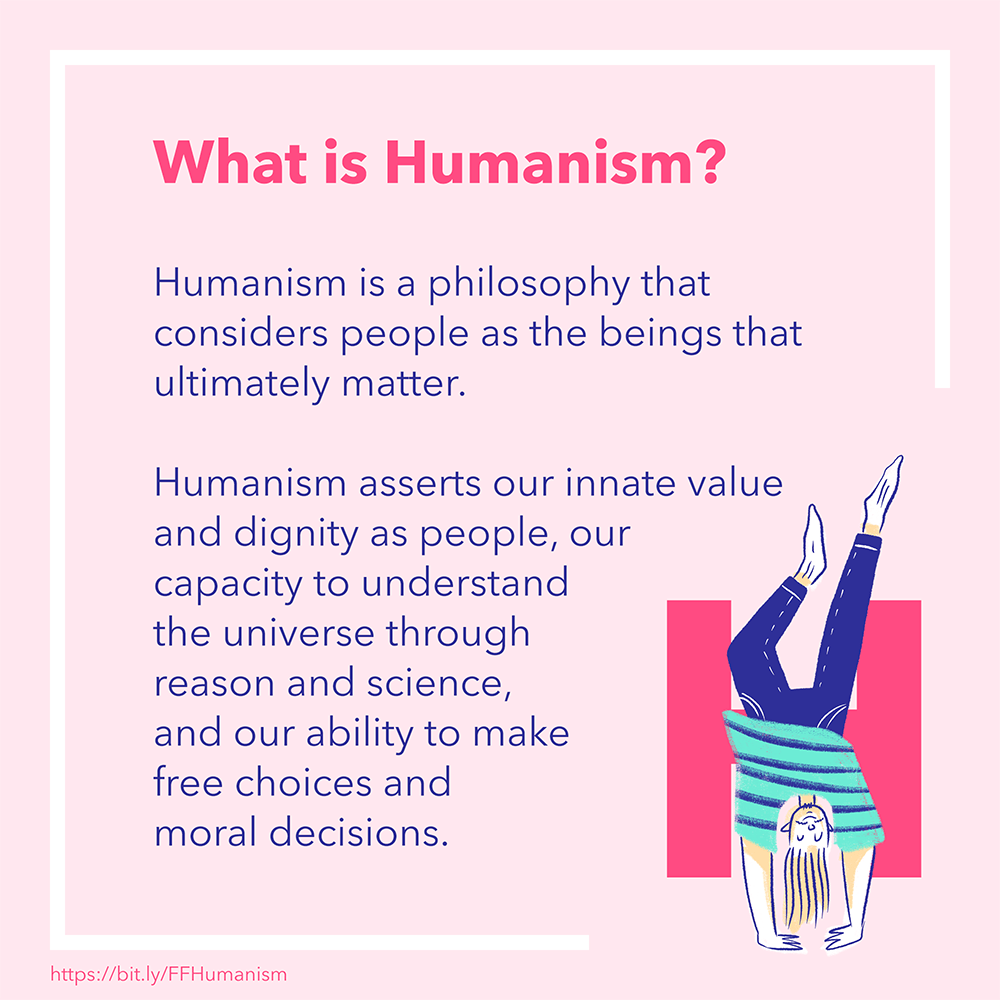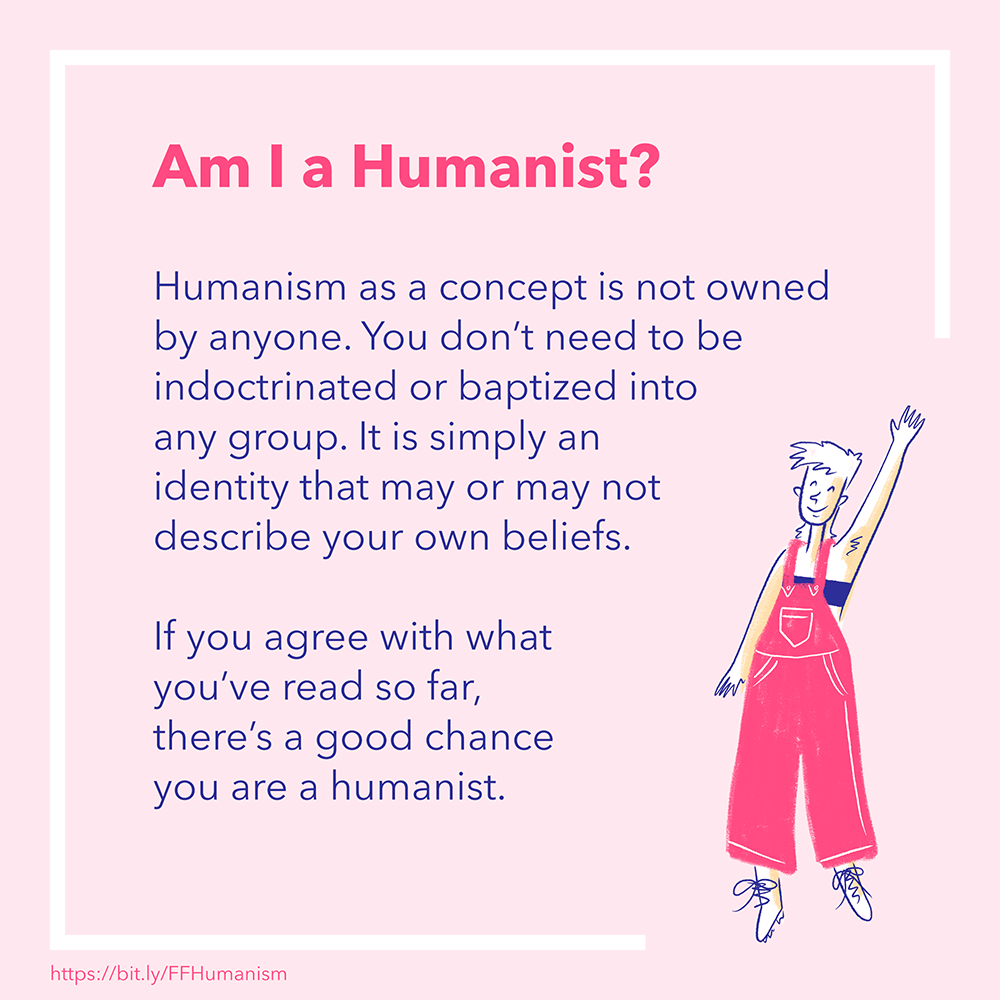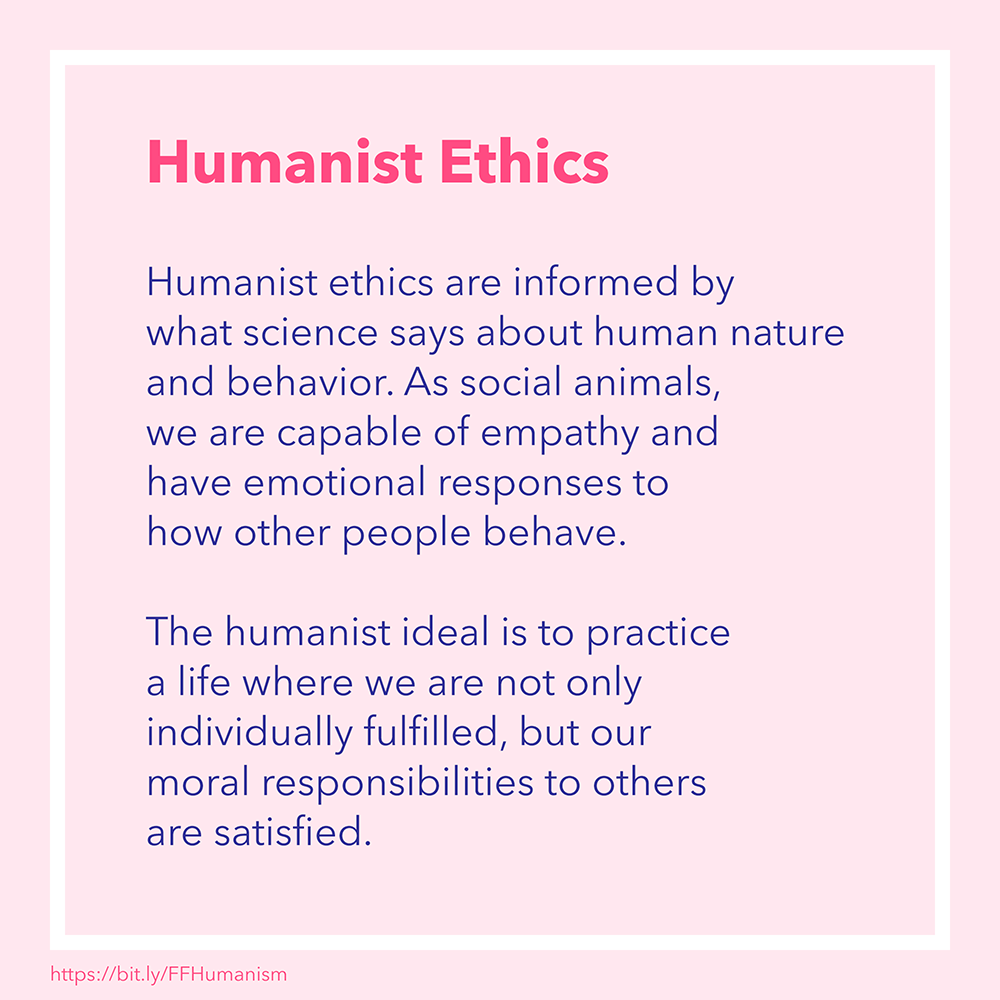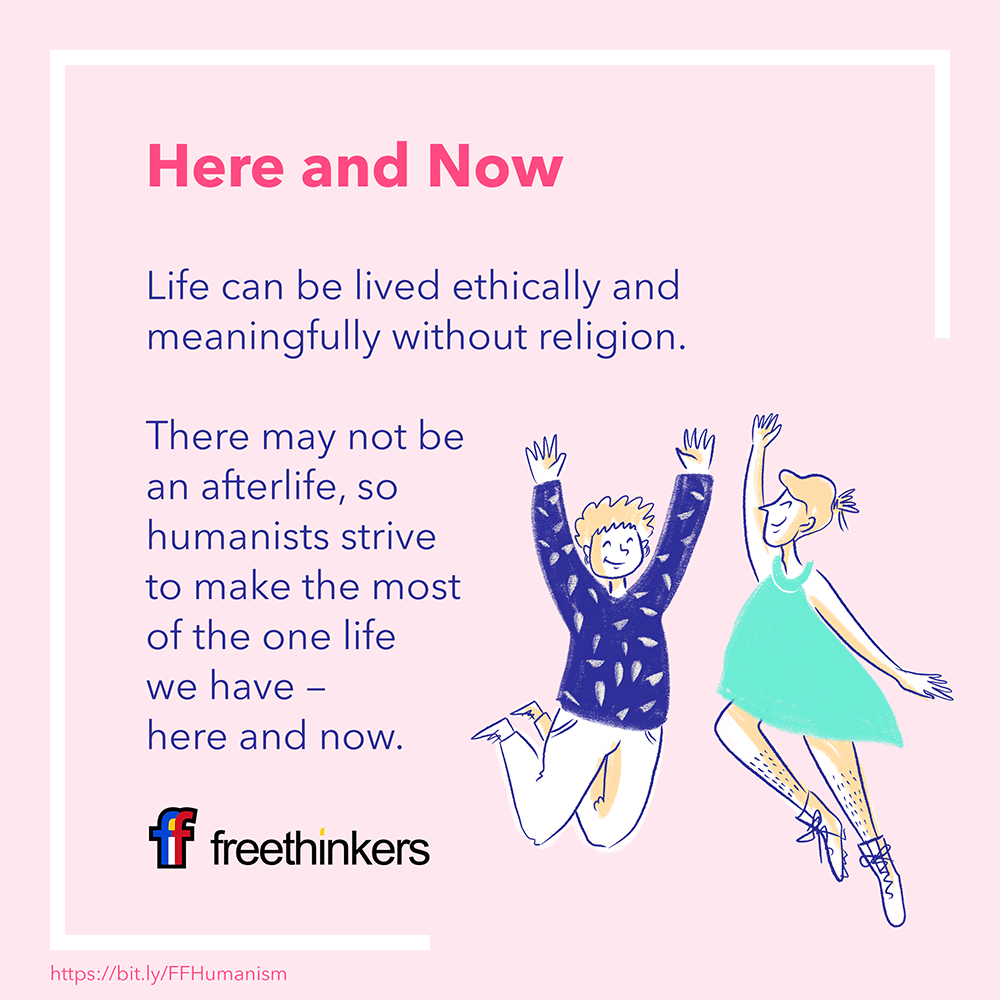
In celebration of World Humanist Day, we are sharing an excerpt from the first of a series of educational modules we are producing in collaboration with Humanists International. While more progressive places in the world take humanism for granted, it is far from being mainstream in the Philippines.
But the need for humanism grows as the appreciation for science and secularism becomes increasingly crucial for health and human rights to progress. May the excerpt below contribute to the project of popularizing the philosophy so that one day World Humanist Day in the Philippines becomes embraced by more Filipino Humanists. Happy World Humanist Day!
What is Humanism?
In most organized religions, followers are taught to dedicate their lives to a god or some other supernatural being (or beings). This dedication even reaches the point that religious beliefs are followed even if this does some potential harm to others; duty to the Creator, after all, trumps any obligation to mere creations.
This religious devotion has justified such historical atrocities as slavery, wars, and witchhunts; more recently, blocking progress that would guarantee rights such as marriage equality, abortion, and even comprehensive sex education.
Humanity first
In contrast to such religions, humanism is a philosophy that considers people as the beings that ultimately matter1,2,3. Humanism asserts our innate value and dignity as people (without reference to some deity), our capacity to understand the universe through reason and science4 (without the need for divine revelation), and our ability to make free choices and moral decisions1 (without any god to take commands or judgments from).
Humanism is thus a rejection of supernatural rules in favor of rational principles that lead to the happiness and flourishing of people3,5,6. Unlike with religions, humanism does not follow any fundamental text or dogma1. There is no definitive set of humanist beliefs7, but there are principles that modern interpretations of humanism have in common.
The freedom to choose
What defines ‘happiness’ or ‘flourishing’ may invite debate among humanists. This is a good thing! An important aspect of humanism is autonomy, or the idea that we are free to think for ourselves without an external authority2. The rejection of the certainty of religion means there are no sacred texts that tell us that the purpose of life is to please gods or to get rewards in an afterlife.

We have to figure out the answers on our own, in the context of our experiences8,9. This is both an exhilarating prospect and a deeply frightening one. In this way, humanism leads to something that religions cannot truly offer: the freedom to be yourself and to define what that means for you.
Good without gods
However, because humanists recognize our autonomy to make choices, they also recognize that we are responsible for the consequences2,10. Contrary to what some critics of humanism say, humanists are not moral relativists. Morality is not whatever we say it is, but neither is it bestowed upon us by divine revelation7. With reason and science, humanists believe we have the capacity to understand and do good even without religious belief.
Humanist ethics are informed by what science says about human nature and behavior2. As social animals, we are capable of empathy11 and have emotional responses to how other people behave12. Thus, we can observe how our actions affect others, and we use our reason to reflect on what might be the right thing to do13. Because of our moral agency, we have an obligation to do good for all people5,7. We can even extend this moral concern beyond humans—toward all living things and the environment5,12. This inclusive approach to progress and helping humanity is essential. Reason and science can only flourish where civil rights and liberties are allowed3.
Thus, the humanist ideal is to practice a life where we are not only individually fulfilled, but our moral responsibilities to others are satisfied3,5,7.
Am I a humanist?
While there are humanist organizations around the world, humanism as a concept is not owned by anyone. You don’t need to be indoctrinated or baptized into any group. It is simply an identity that may or may not describe your own beliefs. If you agree with what you’ve read so far, there’s a good chance you are a humanist5.
Beyond non-belief
Although many humanists may identify with other non-religious identities such as atheist, agnostic, or freethinker, humanism extends beyond non-belief2. Humanism is associated with other rights movements that promote humanist principles: feminism14 and LGBTQ rights, to name a few.15,16.
An atheist might not support these movements, or mayeven oppose them. Although many, if not most, humanists are atheists, not all atheists are humanists.

Heaven on Earth
Of course, these movements themselves have their own ideologies that may not have much to do with humanism. However, what tends to be in common is the belief that all people deserve to live their lives free from oppression. Because religion is often a tool used to oppose social justice, such when churches support racist and misogynist laws, humanists have become major allies in the fight for human rights.
Humanists hold critical roles in society to not only push back against the regressive beliefs of religion but also to show that there is an alternative path—that life can be lived ethically and meaningfully without religion. There may not be an afterlife, so humanists strive to make the most of the one life we have — here and now.





Read more content and check the references of these excerpts by downloading the module:


Humanism is reaction to theism.